It is important to pay attention to these behaviors and look for ways to help them express how they feel in healthy ways. This may include talking with them in an open and understanding way, observing their interactions with other children, and paying attention to changes in their behavior. As mothers, we have the power to guide and support our children on their journey toward emotional growth and self-confidence.
No es fácil saber qué pasa por la cabecita de un niño. Ellos siempre buscarán la manera de hacerse visibles, aun cuando pensemos que son exagerados y solo quieren llamar nuestra atención. Muchas veces, su comportamiento es una señal de lo que están sintiendo y, por ello, es necesario prestar atención a sus gritos, llantos, silencios y todo eso que vemos como muy normal, pero que en realidad no lo es.
It is not easy to know what is going on in a child's head. They will always look for ways to make themselves visible, even when we think they are exaggerated and just want to get our attention. Many times, their behavior is a sign of what they are feeling and, therefore, it is necessary to pay attention to their screams, cries, silences and all that which we see as very normal, but in reality is not.
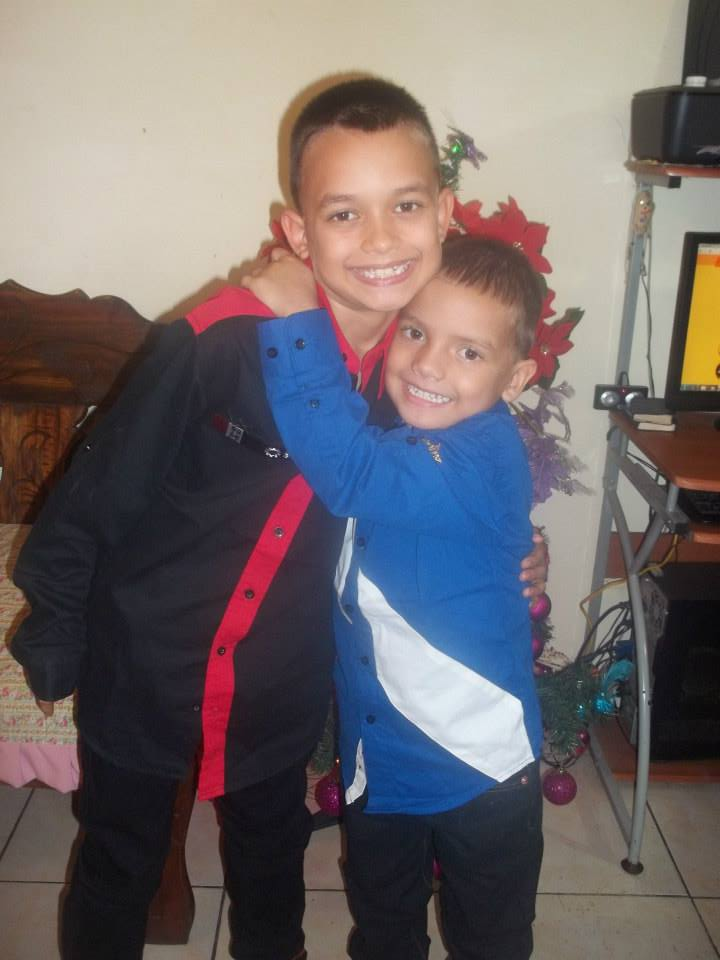
Los niños, al igual que los adultos, tienen un mundo interior complejo lleno de emociones, pensamientos y sensaciones que, a veces, no pueden expresar con palabras. Sus comportamientos, que pueden parecer exagerados o inapropiados, son su forma de comunicarse y pedir ayuda. Es nuestra responsabilidad como adultos y, especialmente, como madres, estar atentos a estas señales y tratar de entender qué están tratando de decirnos.
Children, like adults, have a complex inner world full of emotions, thoughts and sensations that they sometimes cannot express in words. Their behaviors, which may seem exaggerated or inappropriate, are their way of communicating and asking for help. It is our responsibility as adults, and especially as mothers, to be attentive to these signals and try to understand what they are trying to tell us.
Avocarnos a sus necesidades emocionales significa escucharlos activamente, observar sus conductas y responder de manera empática y comprensiva. Ignorar estos signos o restarles importancia puede llevar a que los niños se sientan incomprendidos y desamparados. En cambio, al mostrarles que estamos ahí para apoyarlos y entenderlos, les brindamos un entorno seguro y amoroso en el que pueden crecer y desarrollarse emocionalmente.
Addressing their emotional needs means actively listening to them, observing their behaviors and responding empathetically and sympathetically. Ignoring these signs or downplaying their importance can leave children feeling misunderstood and helpless. Instead, by showing them that we are there to support and understand them, we provide a safe and loving environment in which they can grow and develop emotionally.
Es fundamental crear un ambiente de confianza y seguridad donde los niños se sientan libres de expresar sus sentimientos sin temor a ser juzgados o rechazados. Este espacio les permitirá aprender a manejar sus emociones de manera saludable y a desarrollar una autoestima fuerte y positiva. Al hacerlo, no solo ayudamos a nuestros hijos a ser más felices y equilibrados, sino que también fortalecemos nuestro vínculo con ellos, creando relaciones basadas en el amor y la comprensión.
It is essential to create an environment of trust and security where children feel free to express their feelings without fear of being judged or rejected. This space will allow them to learn to manage their emotions in a healthy way and to develop a strong and positive self-esteem. In doing so, we not only help our children to be happier and more balanced, but we also strengthen our bond with them, creating relationships based on love and understanding.
En resumen, ser sensibles y atentos a las señales emocionales de nuestros hijos es esencial para su bienestar y desarrollo. Cada gesto, cada lágrima y cada sonrisa son oportunidades para entenderlos mejor y apoyarlos en su camino hacia una vida plena y feliz.
In short, being sensitive and attentive to our children's emotional signals is essential for their well-being and development. Every gesture, every tear and every smile are opportunities to better understand them and support them on their way to a full and happy life.
Contenido 100% original de @giocondina / 100% original content from @giocondina
Todas las fotografías de esta publicación son completamente de mi propiedad/All photographs in this publication are entirely my property.
Traducido con www.DeepL.com/Translator (versión gratuita)

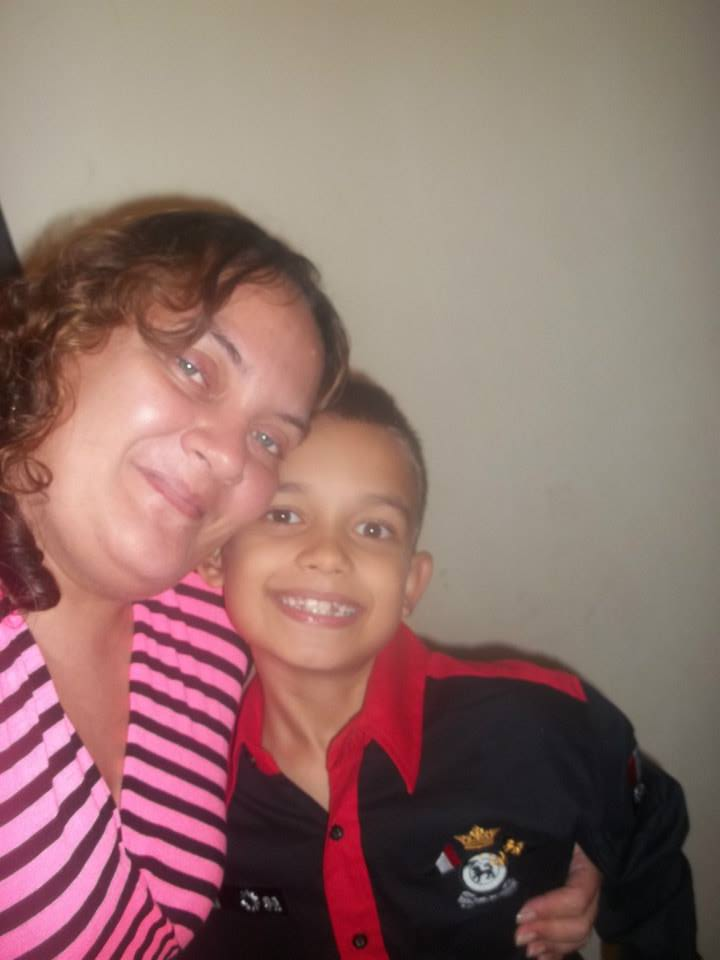

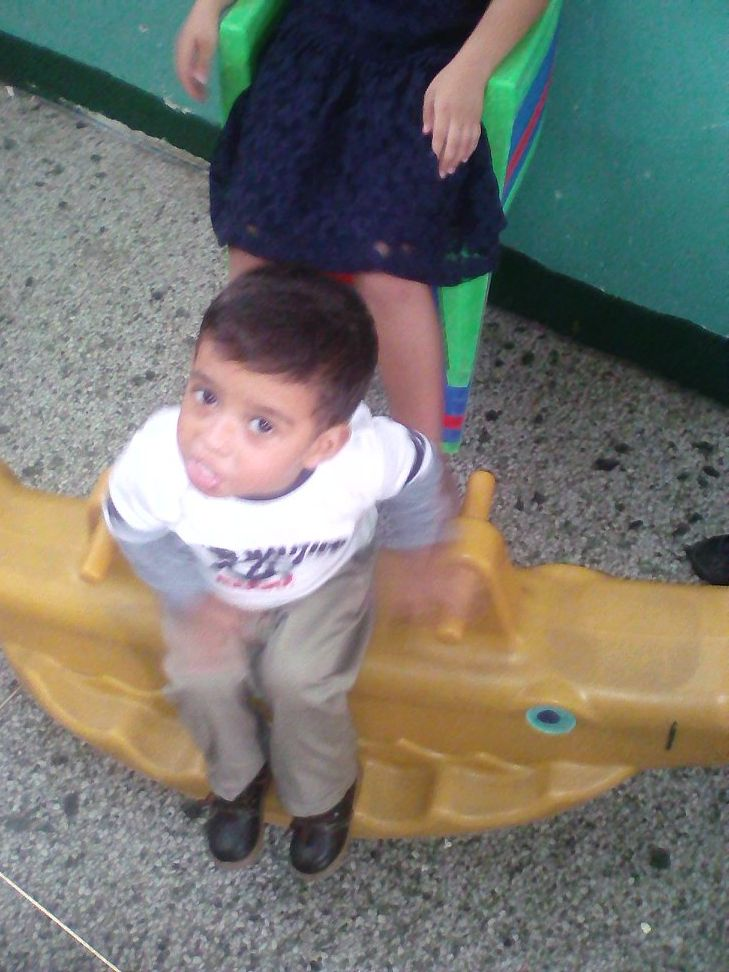
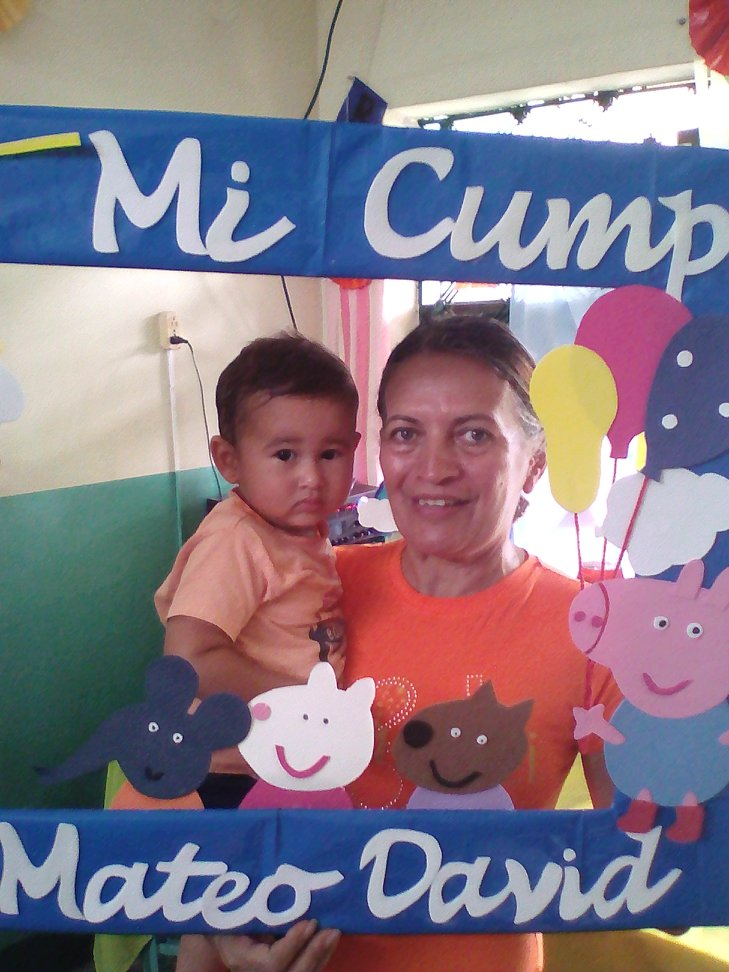
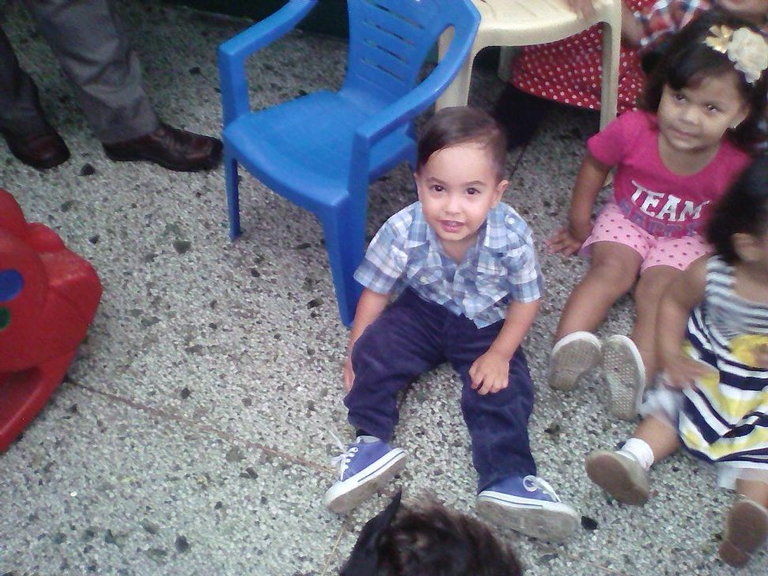

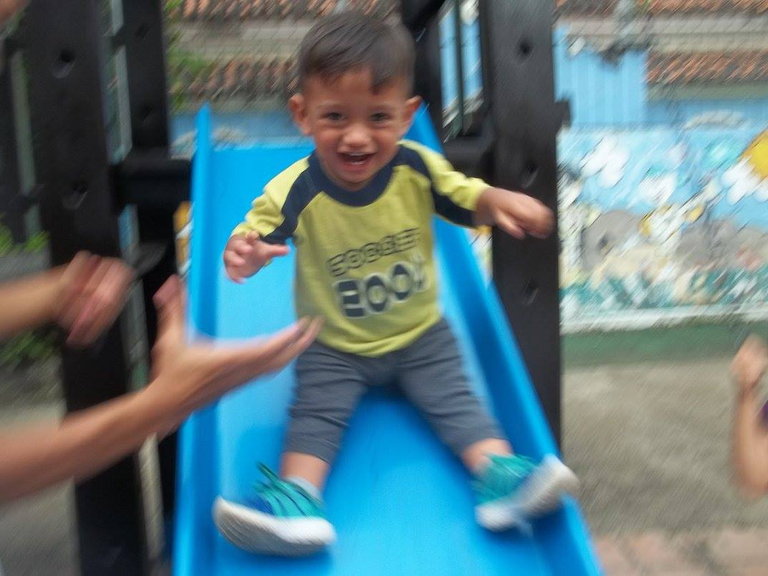
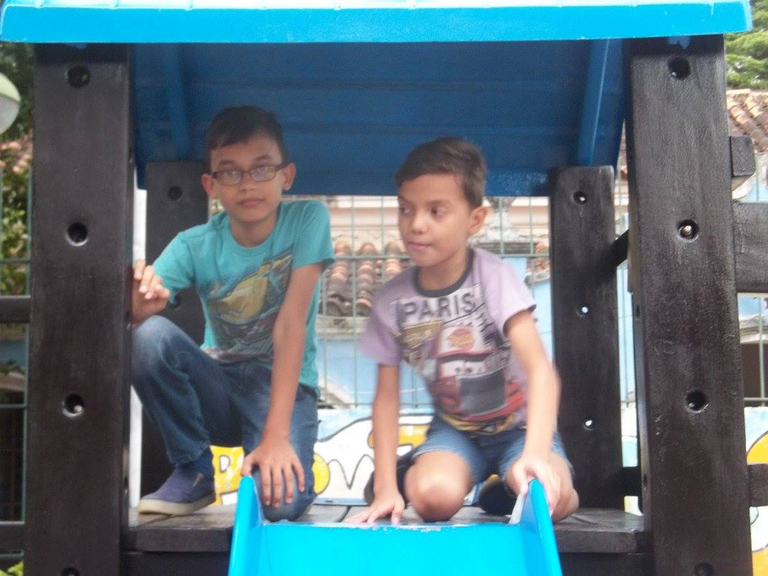
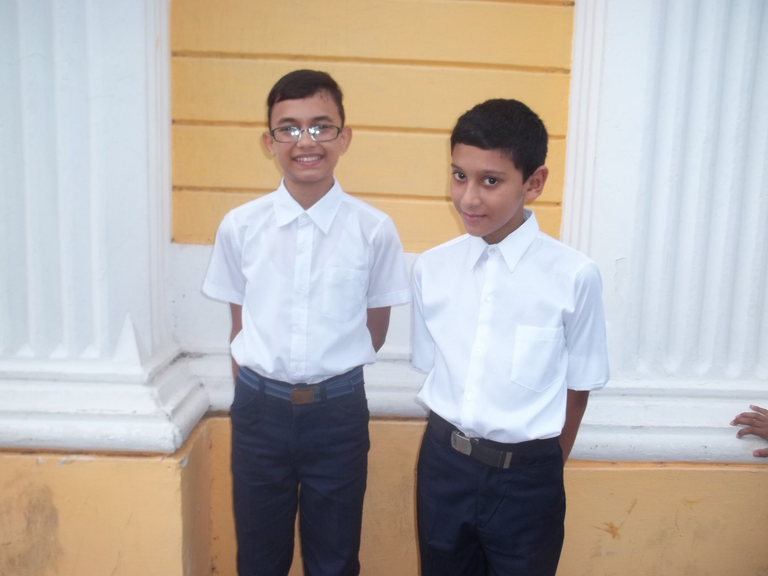


Es todo un reto lograr tener presente todos los aspectos que señalas, son muy buenos todos, pero somos propensos a equivocarnos y alguno se nos pasa por alto. Es cierto que los hijos pueden llegar a sentir vergüenza, mi padre solía decir: queremos que los niños vivan en un mundo de adultos. Ellos aprenden de manera diferente a nosotros, y exponerlos ante otras personas puede herir sus sentimientos, concuerdo con usted en eso.
Me agrada saber que compartimos la misma idea. Saludos @danielcarrerag